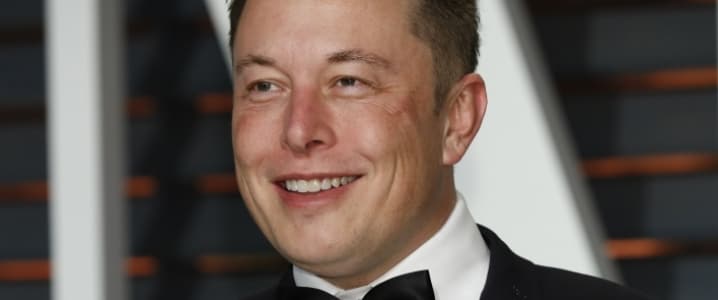Tesla is proposing to buy SolarCity for a price of between $26.50 and $28.50 per share, which represents a 21 percent to 30 percent premium over Solar City’s previous price. The deal would transform Tesla from a maker of cars and batteries into a clean energy powerhouse - making not only cars and batteries, but entire energy generation systems according to the company. The vertically integrated clean energy powerhouse would have a dominant share in the residential solar market and a significant share in the battery storage and electric vehicle markets as well. Despite these potential advantages, analysts are skeptical of the deal in many cases.
Predictably SCTY shareholders are thrilled about this move, while TSLA shareholders are bidding down the stock significantly in the wake of the announcement. There is no doubt that the Solar City deal moves Tesla to a broader portfolio of products which carries both risks and opportunities. In having a broader line of complimentary products, Tesla may be able to realize greater margins, potentially increase sales, and a more diversify its business lines, which could stabilize cash flows during industry cycles.
On the other hand, as a rapidly growing firm attempting to make the leap from manufacturing around 55,000 cars a year to manufacturing 500,000 cars a year, Tesla and Elon Musk need to be wholly focused on avoiding delays or problems related to that manufacturing ramp. Adding Solar City to the mix may prove to be a critical distraction at a crucial juncture for the firm.
These two competing hypotheses each have their own adherents. Some see the deal as groundbreaking, while others are more skeptical. The deal is clearly vintage Elon Musk combing brash confidence with the bravado of a visionary. The problem is that Tesla shareholders may revolt.
SunEdison, another “revolutionary” clean energy company is proof of what can go wrong when vision meets capital constraints. SunEdison went on an acquisition and expansion binge largely fueled by debt and then found eventually that the company had gotten over its skis. Tesla is approaching its expansion plans from an equity side rather than a debt side (though it will assume SCTY’s liabilities of course). That has costs and benefits. On the benefits side, TSLA will be under considerably less of a debt burden than SUNE was. Given Tesla’s cash flow, debt service should not be an issue. Related: Oil-Dependent African Countries Desperate To Find New Markets
Tesla shareholders pay the price for this safety via stock dilution. Tesla had already raised significant amounts of cash for its expansion through equity sales, and now the Solar City deal will create still more dilution. Tesla shareholders can probably be broadly viewed as believers in the dream of a massive EV market dominated by Tesla and its sleek stylish products. Asking these same shareholders to buy into a residential solar company/ car company is another matter. With that in mind, Tesla may find a shareholder revolt on its hands when it comes to approving the deal. Credit Suisse for instance is assigning a less than 50 percent probability that the final deal ultimately goes through.
In some respects, the TSLA/SCTY deal is similar to the Freeport McMoran triple merger a few years ago. In that case, FCX moved from being a mining company to a joint mining and oil production firm. That move carried risk but it also helped to diversify the broader firm. Only time will tell what will happen with Tesla and Solar City, but at this stage shareholders need to carefully weigh their personal views on what the future of the firm should look like.
By Michael McDonald of Oilprice.com
ADVERTISEMENT
More Top Reads From Oilprice.com:
- Get Ready For $80 Oil
- $1 Trillion In Spending Cuts Could Lead To An Oil Price Spike
- Move Over Oil – Lithium Is The Future Of Transportation


















